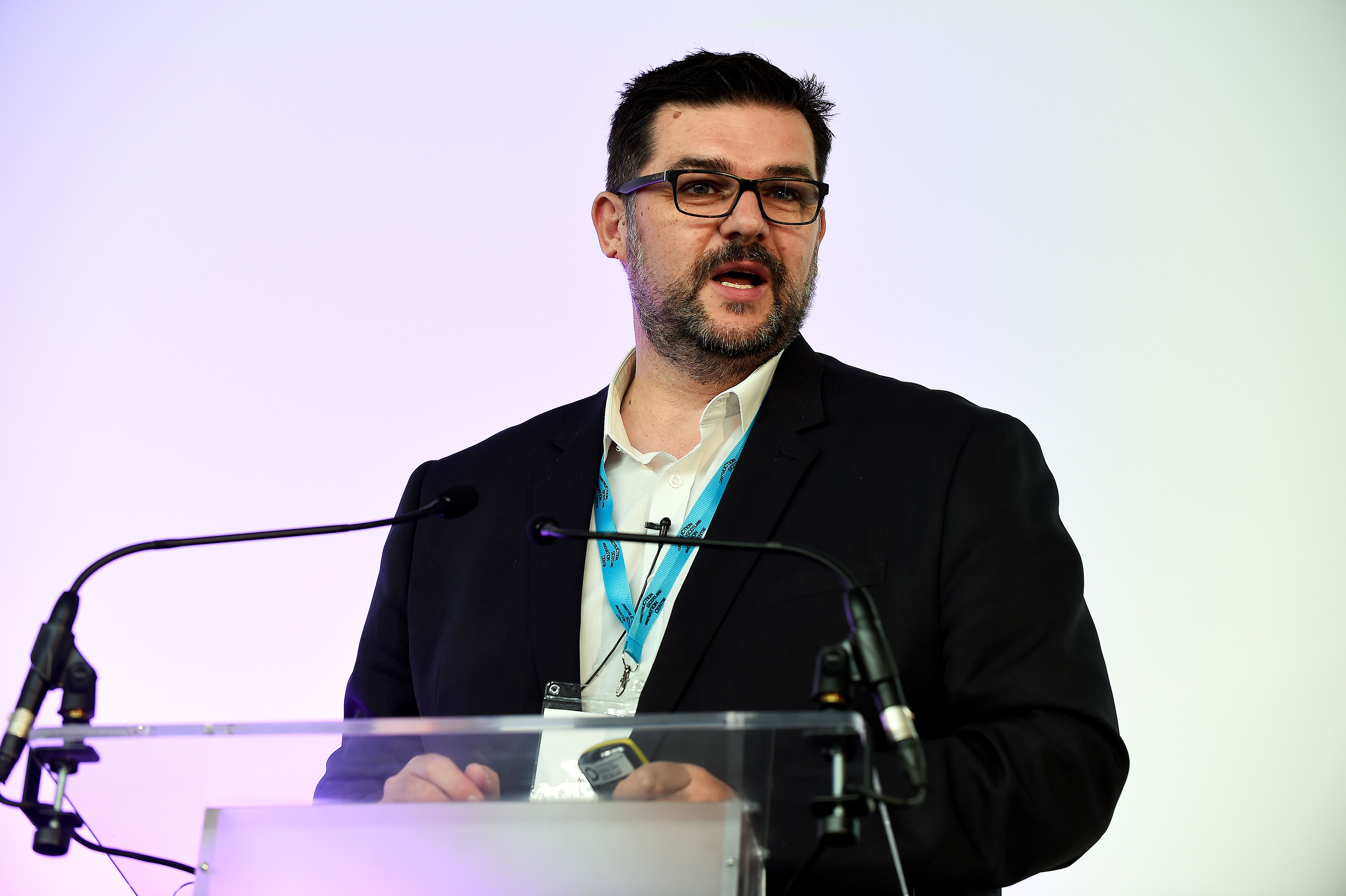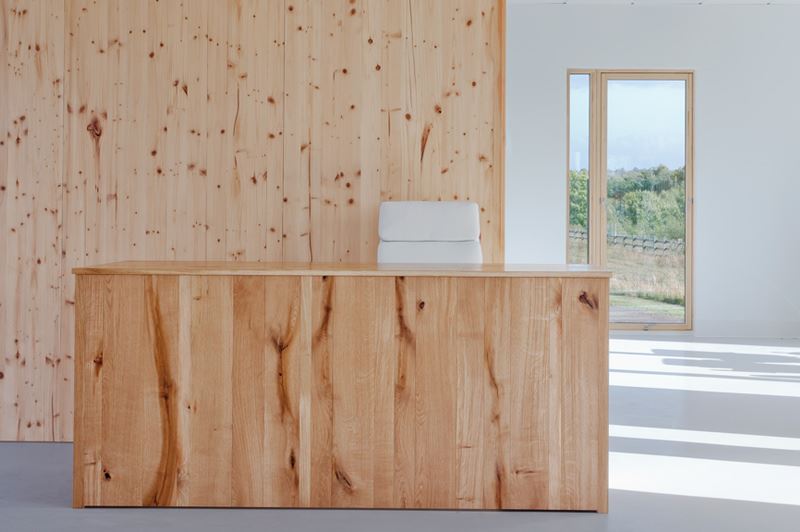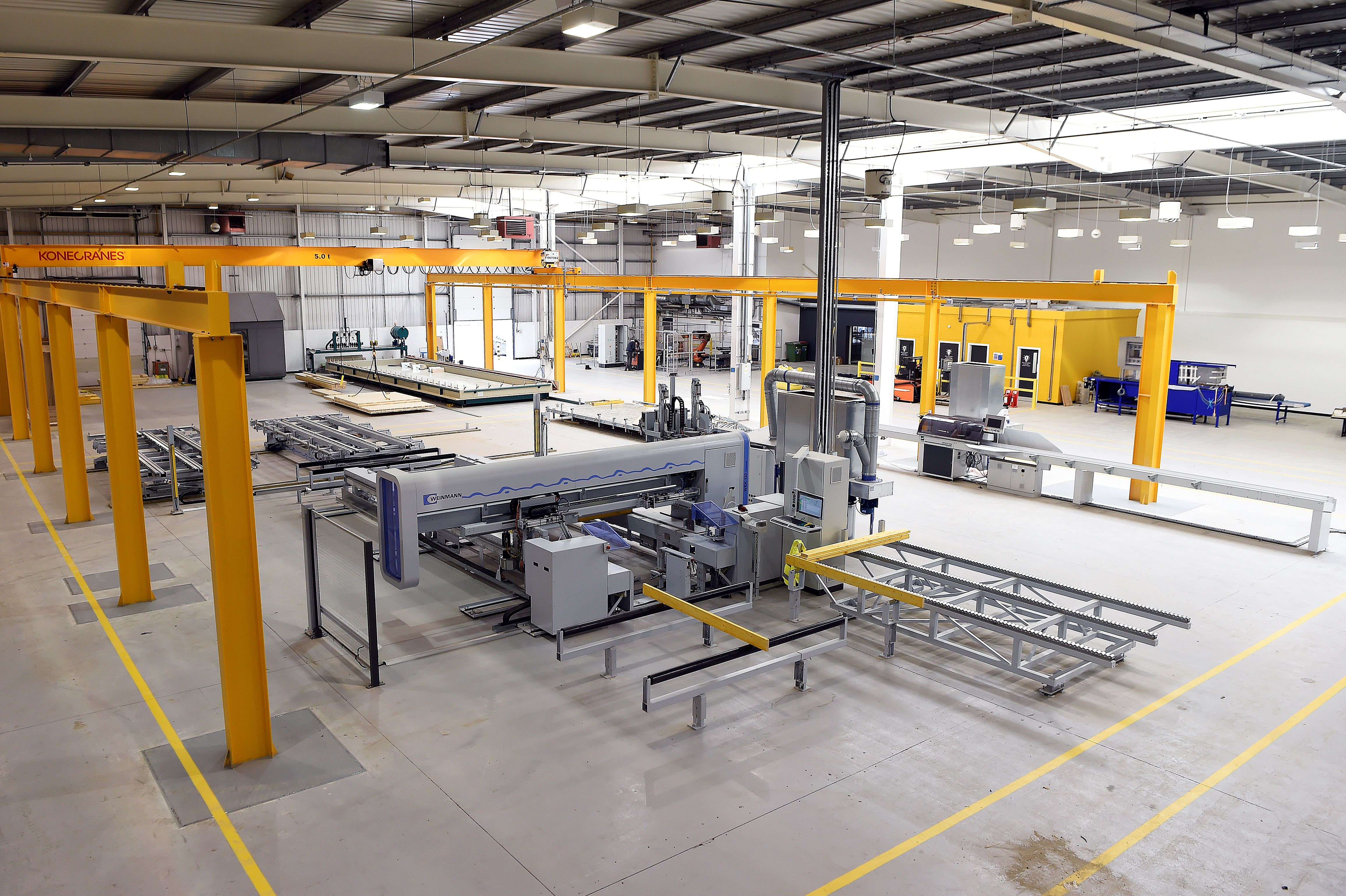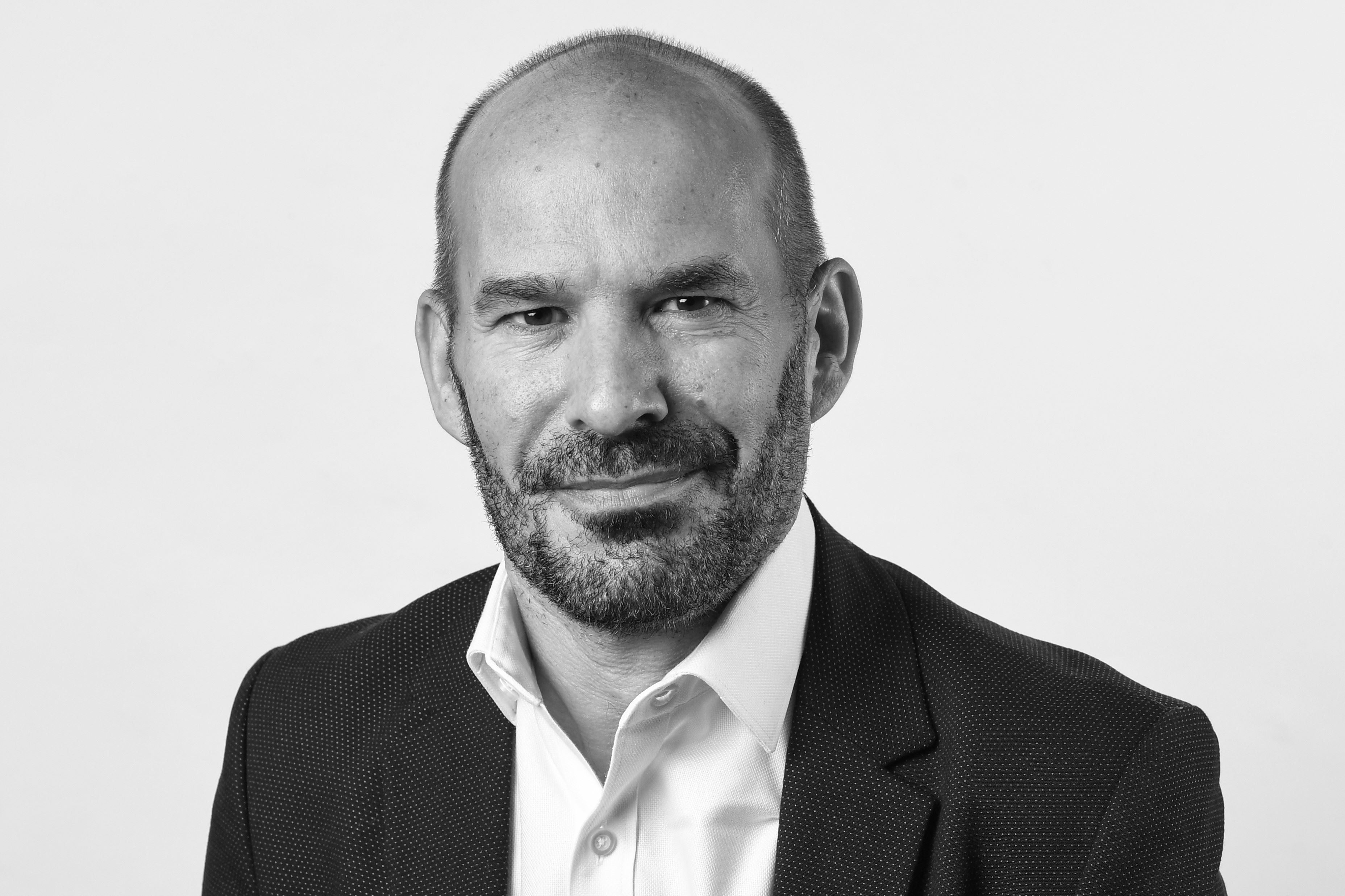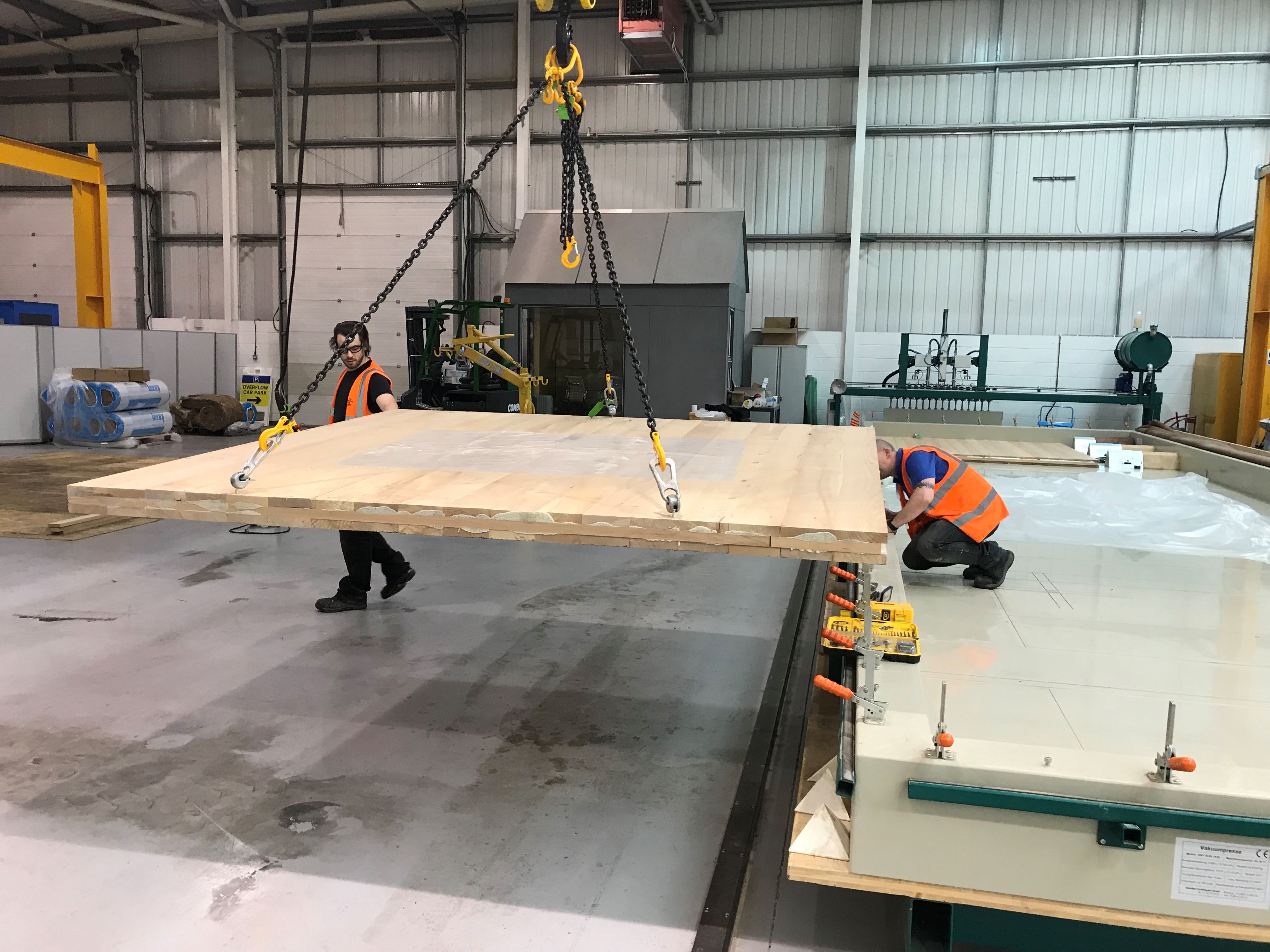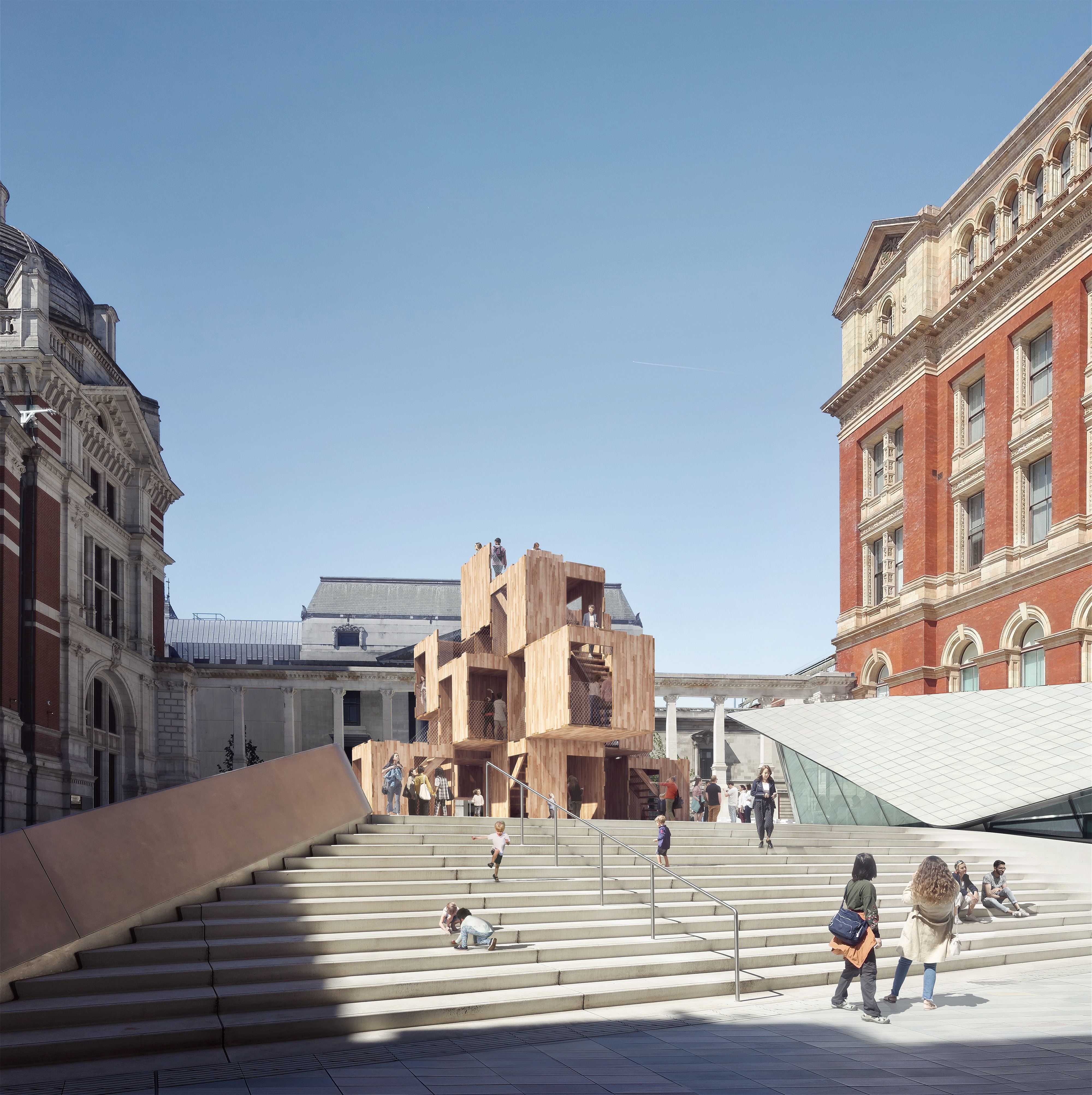Content
BE Better: Speaking with Nicola Barclay about diversity, leadership and the built environment
In the final episode of this season of the Accelerate to Zero podcast on equality, diversity and inclusion, Heads of Stakeholder Engagement, Kirsty Duncan and Danielle Miller, speak to BE-ST's new board chair Nicola Barclay, about her career, challenges she’s faced, and her perspective on diversity, leadership and the changing landscape of the built environment.
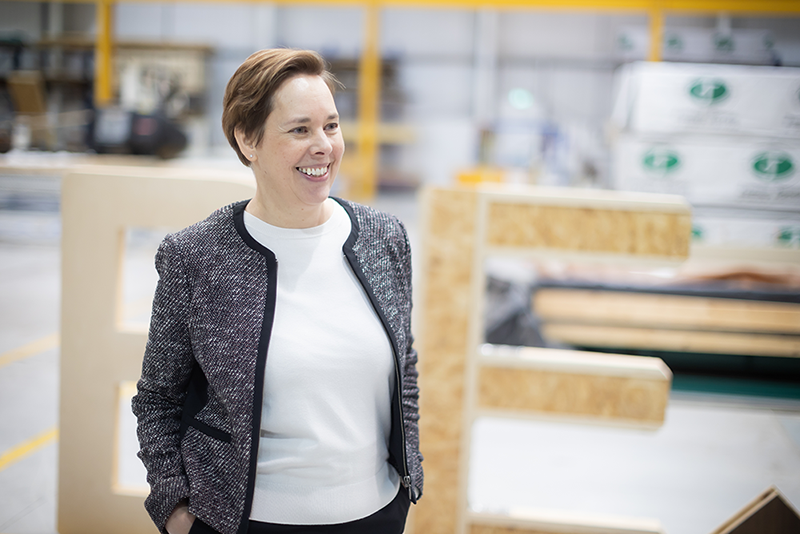
From housing and construction to coaching
Nicola begins her conversation with Kirsty and Danielle by recounting her journey into the construction and housing development sector. She has worked for nearly three decades in what she sees as a male-dominated industry, and she sheds light on some of the changes she has noticed in that time. She says, "I can still remember being one of very few women going to conferences. There’d be one or two other women in the audience and just a sea of men. You never saw a woman on a panel, no women presenting, no women chairing sessions."
In 2022, Nicola founded Athena Coaching and Consultancy to empower individuals, especially women, in leadership roles. The focus is on building confidence and addressing challenges like imposter syndrome which she believes affects women across age groups and positions. She adds, “Athena helps people to answer questions like how do I step up to a bigger role? How do I become a leader of a team when I've always been the one being led by others?"
Why diversity matters
Nicola delves into the importance of diversity in decision-making, particularly in shaping the built environment. She points out that historically men designed a large proportion of the built environment we have today - they created our towns and our cities in a vision of what they thought was useful and how it should work through their lived experiences. However, we now know that diversity of opinions in design ensures that we build spaces and buildings that are accessible and functional for everyone.
The more we talk about diversity and inclusion and bring people into decision making, the more likely we are to be able to create spaces that are fair for everybody Nicola BarclayBE-ST Board Chair
Bringing about change
There are changing dynamics in the job market, where employees now have more influence and are asking for what they need. Nicola says that companies need to adapt to employees' demands for better working conditions or they will risk losing them to companies that are responding.
She acknowledges the challenges in implementing equity, diversity, and inclusion (EDI) strategies, especially in the built environment. Nicola says, "There are pockets of people in our sector who are more creative and adaptive, and there are those which are still very, very traditional."
Although there are positive initiatives in the public sector, she stresses the need for resources and guidance for employers seeking advice on diversity and inclusion, so people know where to go to get help.
Skills gap and inclusive hiring
Nicola stresses the importance of investing in staff training, coaching, and leadership development to address the skills gap. She advocates for a focus on transferable skills like deep listening and understanding diverse perspectives.
Nicola also emphasises the importance of being honest with candidates during the recruitment stage. aligning policies with actual practices and being open to growth as a company. She says, "Don't think you've done everything you need to do. You always need to keep growing as a company."
In ten years' time...
As the conversation between Nicola, Kirsty and Danielle wraps up Nicola shares that she is hopeful for a future where we no longer need to talk about diversity and inclusion because it’s become something that’s a given. She envisions a generational shift in leadership, more diverse role models, and a constant evolution toward a truly inclusive built environment.
